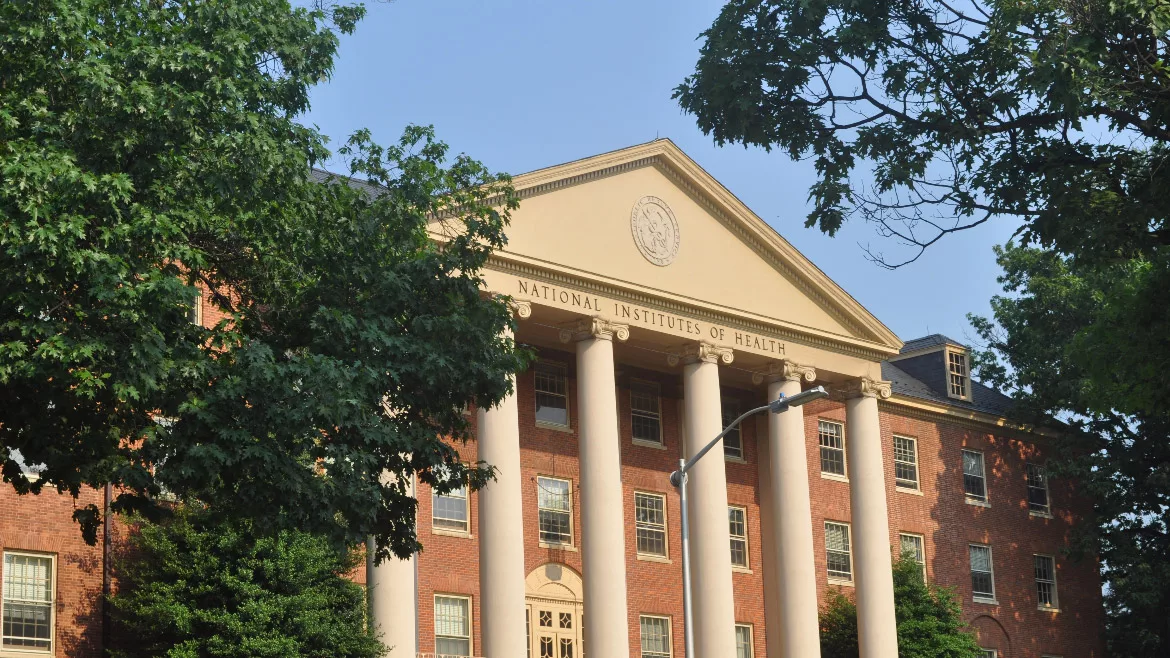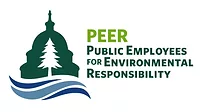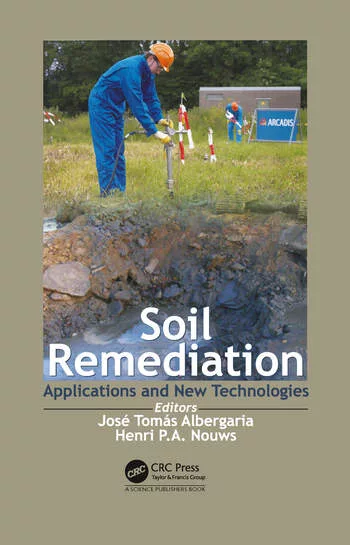Public employee advocacy group says NIH scientific integrity plan is lacking
PEER: Draft National Institutes of Health policy is incomplete, inconsistent and 'essentially ineffective'

A proposed new policy to protect scientific integrity within the National Institutes of Health (NIH) is fundamentally flawed, according to comments filed today by Public Employees for Environmental Responsibility (PEER). Besides lacking meaningful protections for scientists and research, the draft seeks to restrict public statements by scientists and eschew public transparency by requiring that “all descriptions of investigations will be anonymized.”
Shortly after his inauguration, President Biden commissioned a process to strengthen all federal scientific integrity policies in the wake of widespread abuses during the Trump years. NIH is the second agency, after Health and Human Services, to unveil its proposed new policy. Its draft policy is arguably more notable for what it lacks than what it contains. For example, it –
- Has absolutely no procedures specifying how complaints of alleged scientific integrity violations will be investigated, adjudicated, or reviewed on appeal. The draft indicates that such policies will be developed at an unspecified time but does not guarantee any new rules will be subject to public review;
- Lacks any concrete rules to prevent suppression of research, such as timelines for publication clearance, criteria for disapproval, or appeal of denials or undue delays. Such rules are also pledged to be forthcoming at some future date; and
- Offers no avenue for defending scientists who express differing scientific opinions, a practice the draft appears to encourage, from official retaliation.
“NIH’s draft scientific integrity policy is like a new car without an engine; it is only good for display,” stated Pacific PEER Director Jeff Ruch. “There is nothing in this proposal that would Trump-proof American bio-medical science from political tampering.”
In addition, the NIH draft contains two provisions that seriously weaken scientific integrity safeguards. One would prohibit scientists “from making or publishing statements that could be construed as being judgments of, or recommendations on, NIH or any other Federal Government policy.” It does not require much imagination to see how this Biden-sponsored rule could be weaponized in a Ron DeSantis or second Trump presidency to purge government science of any hint of perceived “wokeness.”
Besides constitutional problems, this restriction conflicts with another part of the draft urging scientists to participate in the process of “policy development” without explaining how scientists can use research to improve policies without being able to comment about them.
The NIH proposal would also shield records on how alleged scientific misconduct is investigated or adjudicated, limiting any accounts to annual reports that are “anonymized.” It is unclear if such a restriction would override the Freedom of Information Act or why shrouding all details in after-the-fact reports would help “restore public trust” as President Biden directed back in 2021.
“NIH has crafted this policy to protect its bureaucracy, not its scientists,” added PEER Executive Director Tim Whitehouse, contrasting the draft federal agency policies now emerging with PEER’s advocacy of uniform, enforceable government-wide rules. “This proposal underlines the central weakness of the Biden approach of allowing federal agencies to continue self-policing their own scientific integrity.”



